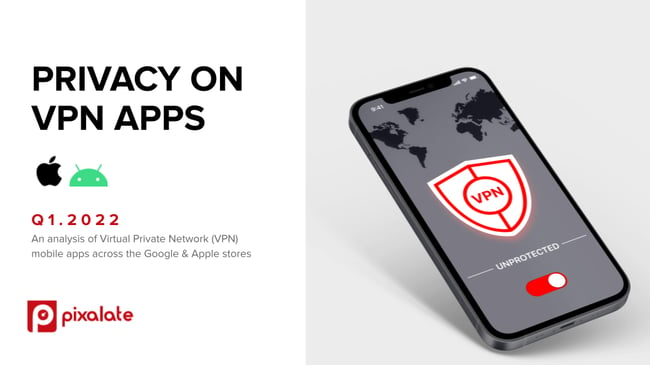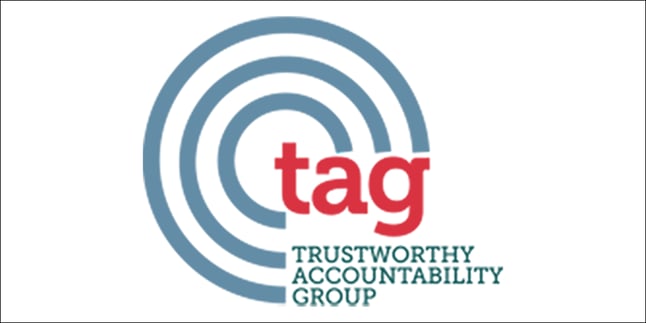
This week's review of ad fraud and privacy in the digital advertising space.

MediaPost cited Pixalate’s report discovering that 10% of virtual private networks (VPN) are transmitting user data, including location, to the advertising bid stream. Currently, there are more than 7,800 VPN apps in the Apple and Google app stores. Additionally, “Apple iPhone users utilizing the VPN apps are much more likely than Android users to have their personal data accessed.”

In an article by the Washington Post, digital footprints such as texts and search histories have been used by law enforcement as evidence in prosecuting some women who have sought and gotten abortions. The article states, “despite mounting concerns that the intricate web of data collected by fertility apps, tech companies and data brokers might be used to prove a violation of abortion restrictions, in practice, police and prosecutors have turned to more easily accessible data — gleaned from text messages and search history on phones and computers.”

With mobile ad fraud growing rapidly, Forbes published a guide with four things to know for e-commerce businesses to better understand and protect themselves from fraudulent actors. Forbes said that mobile ad fraud could skew marketing metrics, get organic traffic “blacklisted,” hurt reputation and harm business. With businesses spending $288.1 billion on mobile advertising in Q1 2021, fraudsters have continued to grow their practices as well.

MarTech released the Trustworthy Accountability Group (TAG) Fourth Annual European Fraud Benchmark Study showing a meaningful 20% year-over-year decline in ad fraud in TAG Certified Channels in the major European markets. The study also found that “the invalid traffic (IVT) rate in TAG Certified Channels in Europe declined from 0.69% in last year’s study to just 0.55% this year, while maintaining an impressive sub-1% IVT rate across all four years of the study."

Brookings’ fellow Cameron F. Kerry wrote an opinion piece in support of the American Privacy and Data Protection Act (ADPPA) which would create concrete limits on more focused data collection, use, and sharing in place of the current free-for-all system, and provide rights to give individuals greater control over information that can be linked to them. Kerry says that the ADPPA is the best shot Congress has right now at passing any privacy legislation.
*By entering your email address and clicking Subscribe, you are agreeing to our Terms of Use and Privacy Policy.
These Stories on Weekly Recaps
*By entering your email address and clicking Subscribe, you are agreeing to our Terms of Use and Privacy Policy.

Disclaimer: The content of this page reflects Pixalate’s opinions with respect to the factors that Pixalate believes can be useful to the digital media industry. Any proprietary data shared is grounded in Pixalate’s proprietary technology and analytics, which Pixalate is continuously evaluating and updating. Any references to outside sources should not be construed as endorsements. Pixalate’s opinions are just that - opinion, not facts or guarantees.
Per the MRC, “'Fraud' is not intended to represent fraud as defined in various laws, statutes and ordinances or as conventionally used in U.S. Court or other legal proceedings, but rather a custom definition strictly for advertising measurement purposes. Also per the MRC, “‘Invalid Traffic’ is defined generally as traffic that does not meet certain ad serving quality or completeness criteria, or otherwise does not represent legitimate ad traffic that should be included in measurement counts. Among the reasons why ad traffic may be deemed invalid is it is a result of non-human traffic (spiders, bots, etc.), or activity designed to produce fraudulent traffic.”

